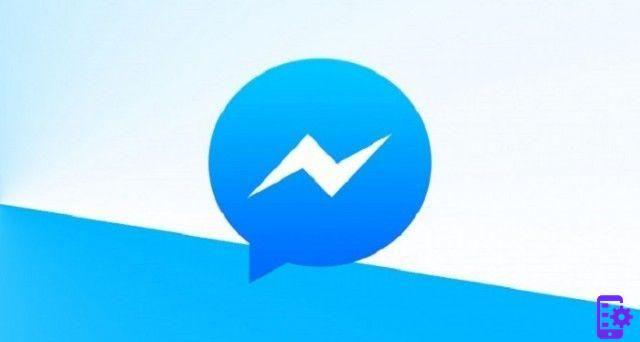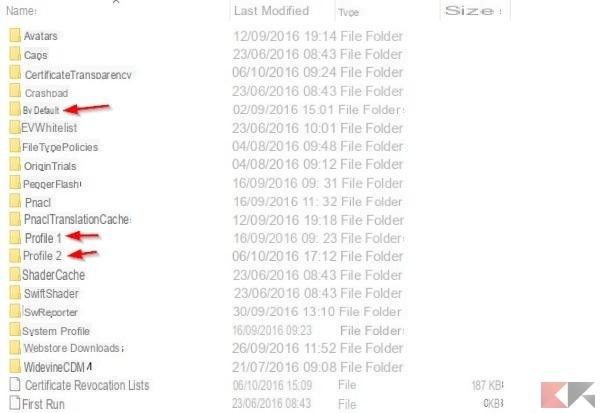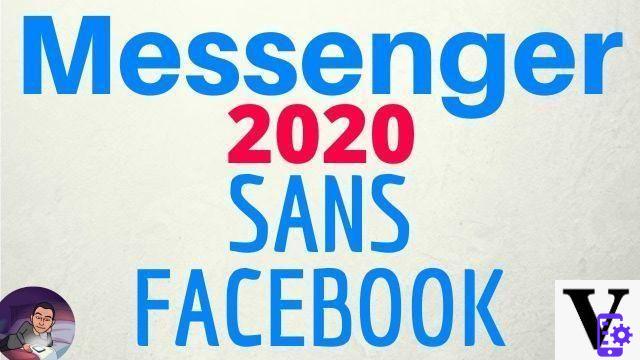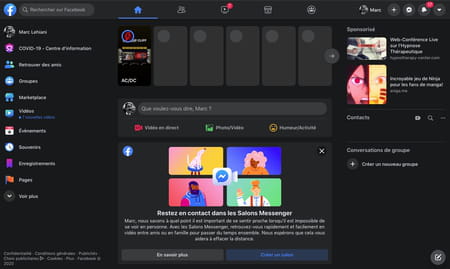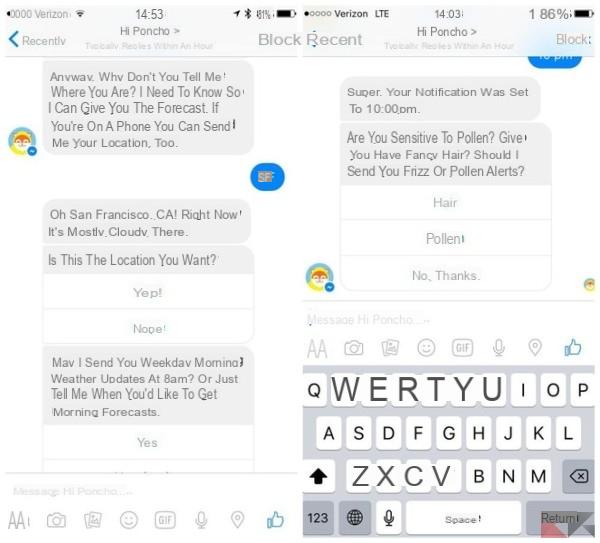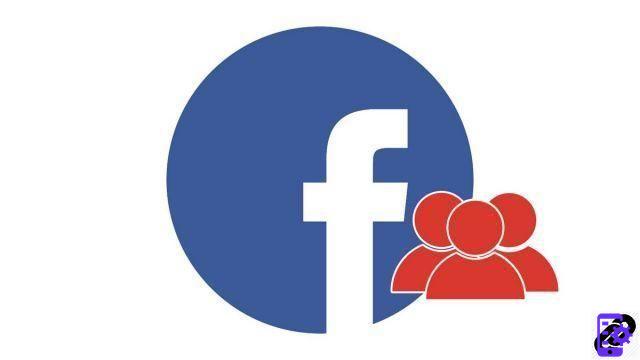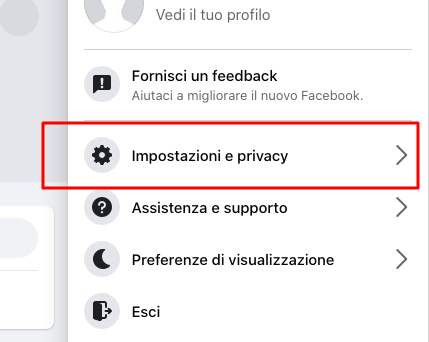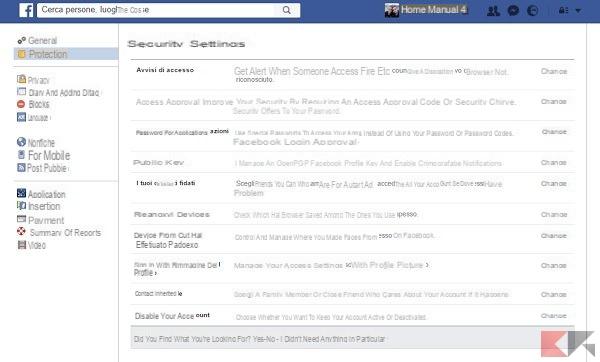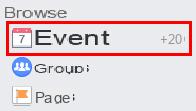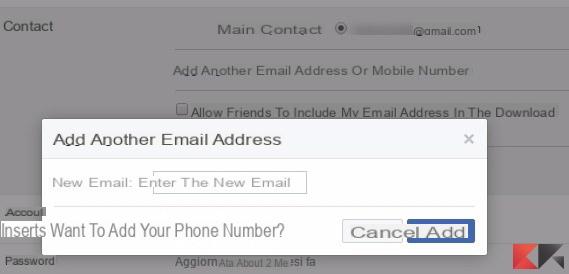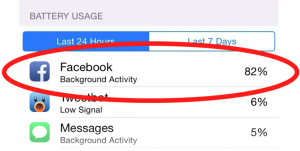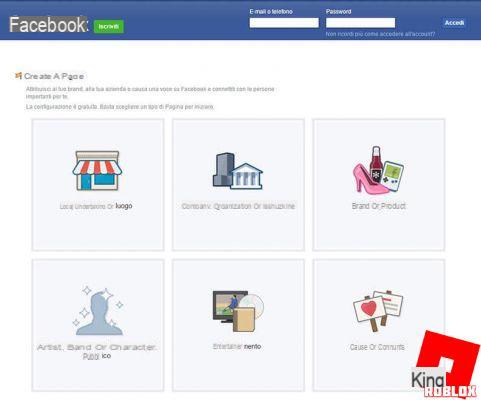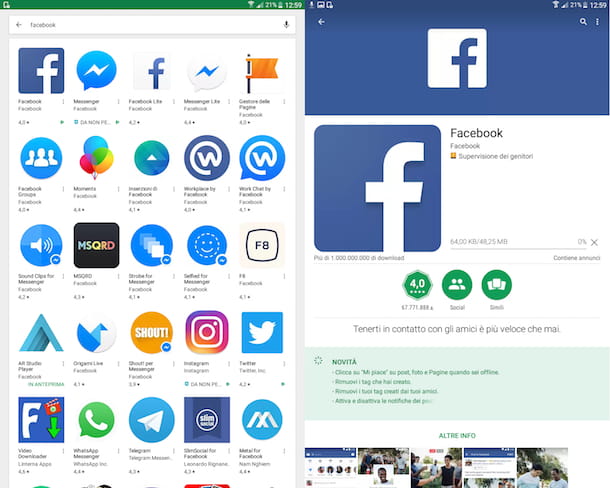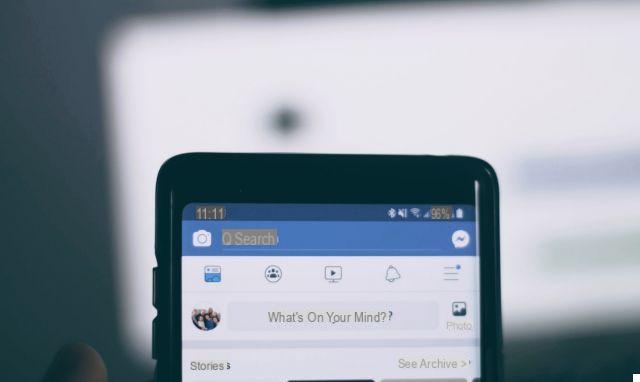An extra "Like" or a handful of visits can make the difference for those who manage Facebook pages and web portals; not always, however, that like or that visit are obtained in a clear and crystalline way.
Among the many questionable methods used to grab as many users as possible on Facebook is the practice of clickbait(ing); basically, that means publish content (status updates, links and so on) containing misleading titles o deliberately misleading to attract attention and earn a click.
Among the most used titles to date certainly "You will never imagine what happened ..." or "It really happened! Look ”or, again,“ That's why fruit hurts you “.
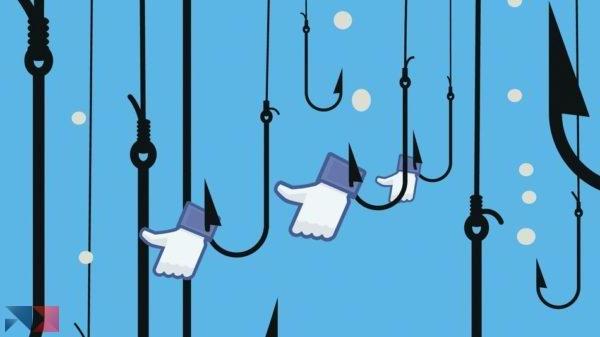
News of this kind is hardly interesting for the user, indeed, it could often be phishing attempts.
It is not the first time Facebook takes sides against the practice of clickbait: some time ago, silently, a modification to the algorithm has penalized posts of this type and the appearance of the relative pages on the News Feed.
The criterion? Simple: the penalized posts were the ones that the people viewed and then returned to the news feed in record time, a clear sign of non-interest.
Facebook explains that although this update "helped", there are still pages making their fortune on clickbait. And it is these pages, with their related content, that Facebook will go to further to penalize and with a second and more incisive change to the News Feed algorithm.
To explain the "how" is directly Facebook:
We will update the News Feed using a system that can identify commonly used phrases for clickbait headlines.
We initially marked tens of thousands of titles as clickbait by considering two key points: 1) whether the title hides information that could help understand the content of the article; 2) if the title inflates the article to create false expectations in the user.
For example, the headline "You will never guess who tripped when falling on the Red Carpet ..." hides information that could make the article understand (what happened? Who tripped?). The title "Are Apples Really Bad for You?" it is misleading to the reader (apples are only bad if you eat too many every day).
A Facebook team analyzed thousands of titles with this criterion, in a collaborative way, to identify a large set of clickbait titles.
From here, we have created a system that analyzes this together to understand phrases commonly used in clickbait titles and not used in other titles. It is a similar criterion to that of spam filters for email.
In short, Facebook is even more committed to fighting clickbait which, all too often, causes gullible or careless users to infect smartphones, PCs and so on with annoying viruses, unwanted “Likes” to other pages, posts on the bulletin board by automatic bots and so on.
Certainly clickbaiting is not destined to die in the near future but discouraging unscrupulous page managers from using this incorrect practice, penalizing the display of the pages involved on the users' News Feed, is certainly a good and sound lesson.
Facebook will penalize 'clickbait' even more



